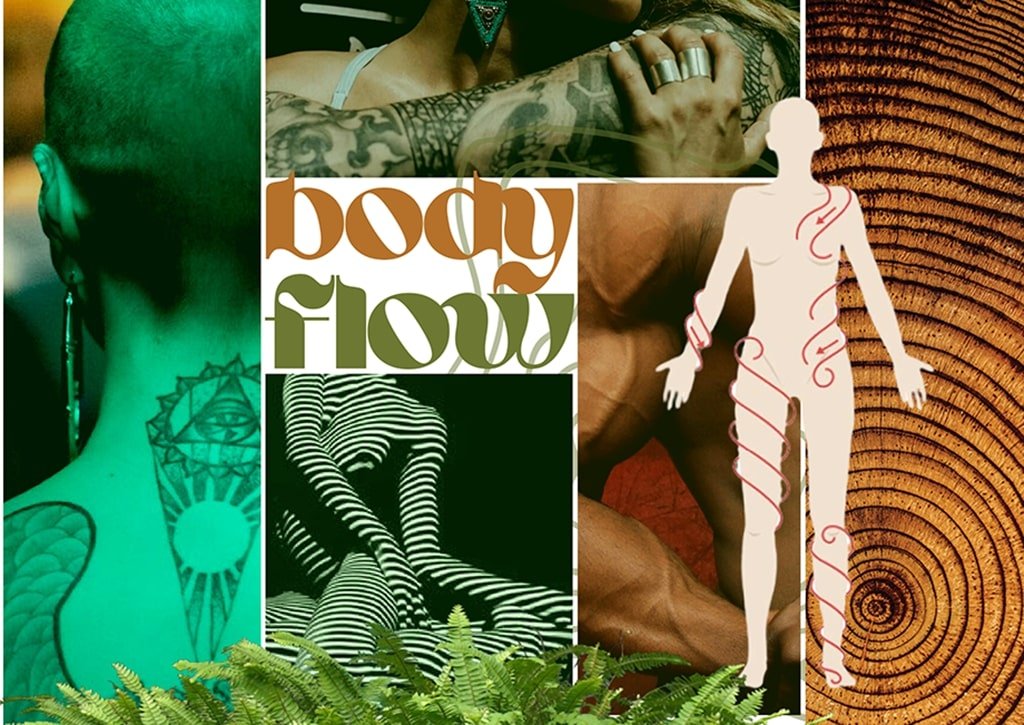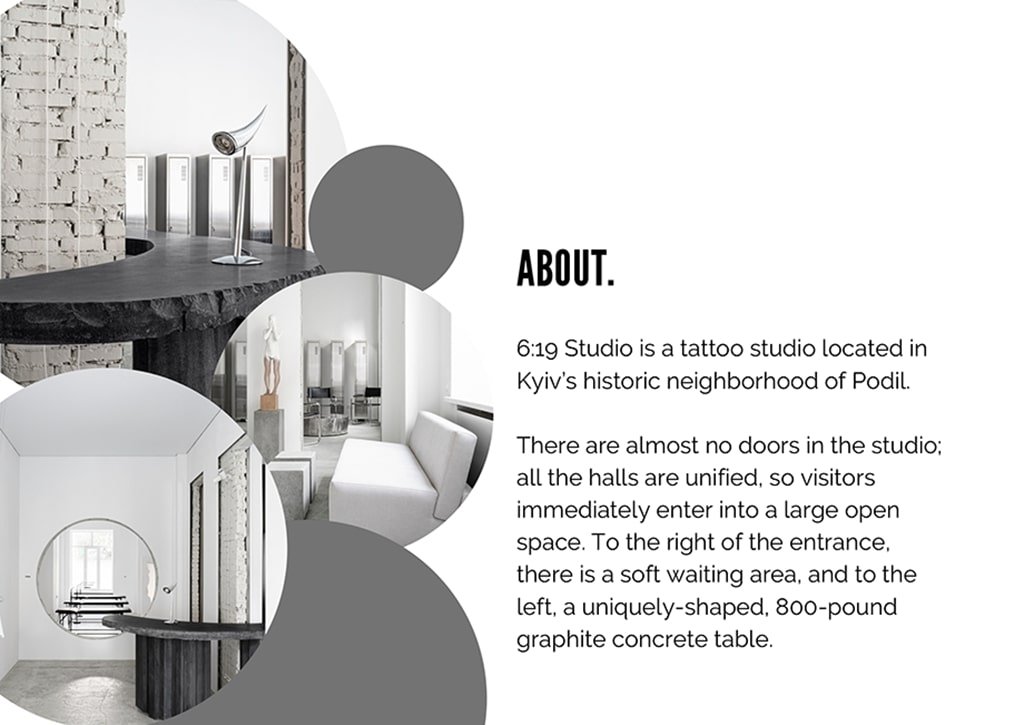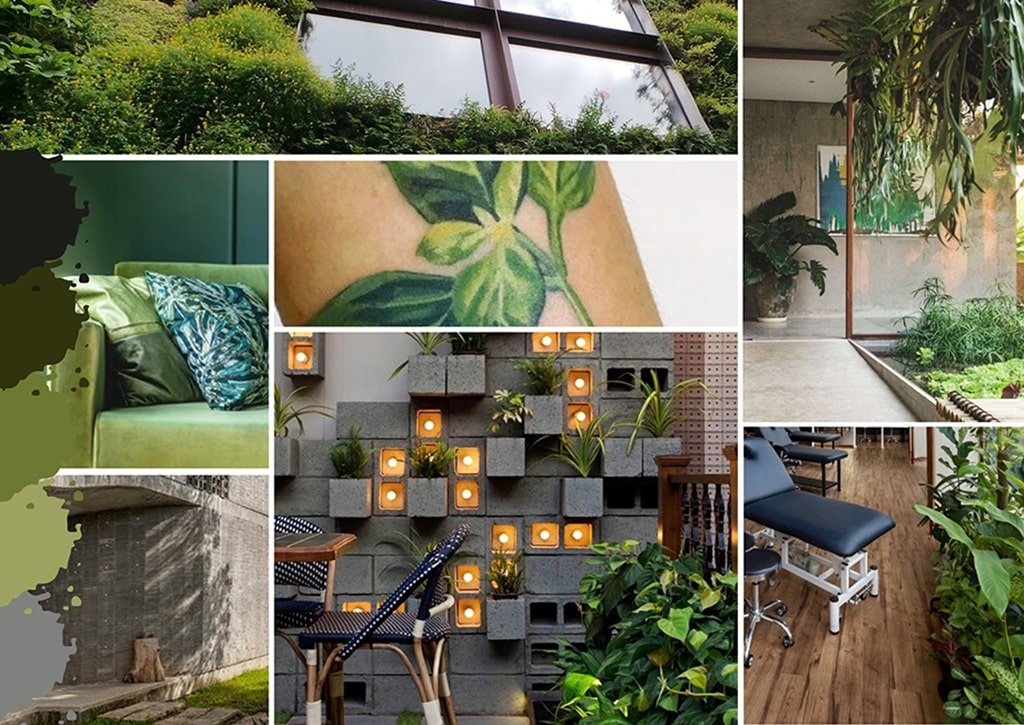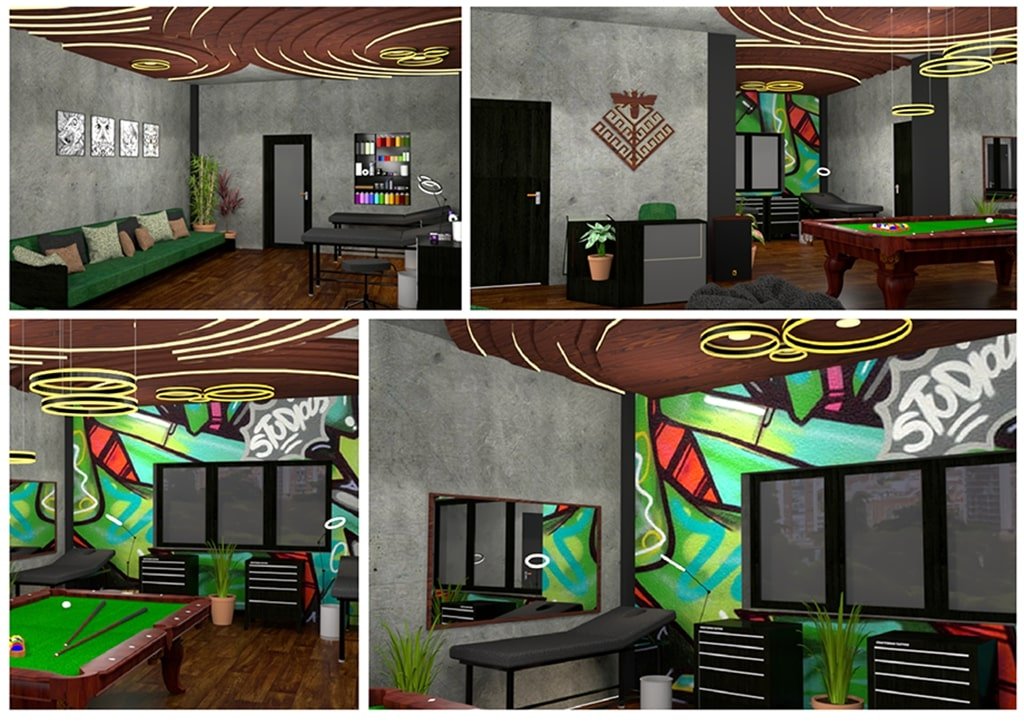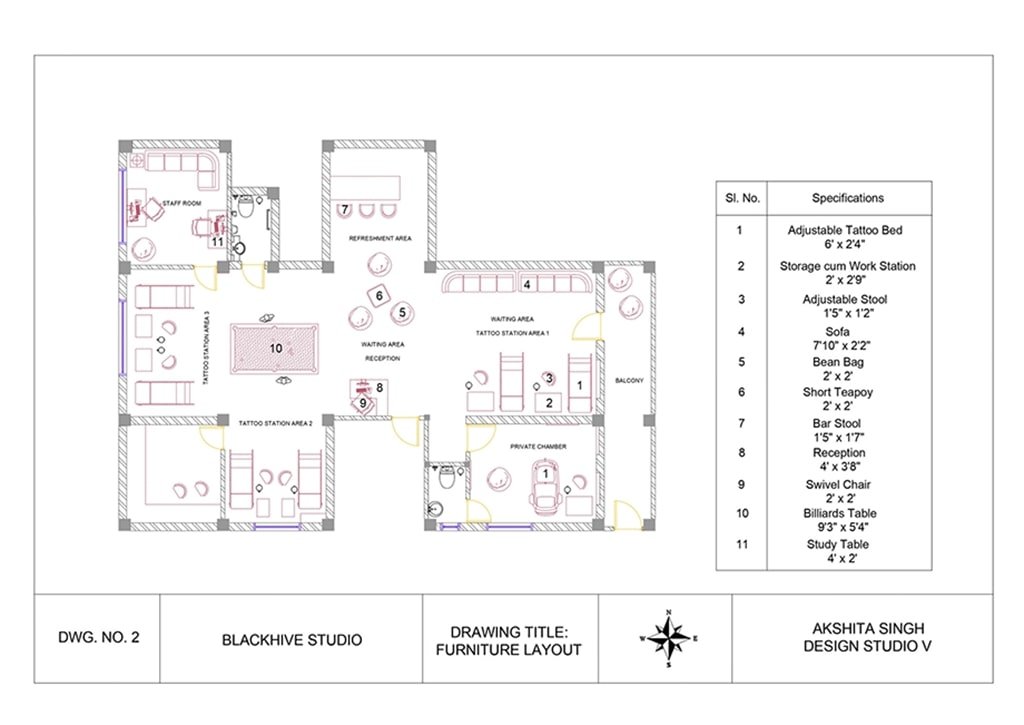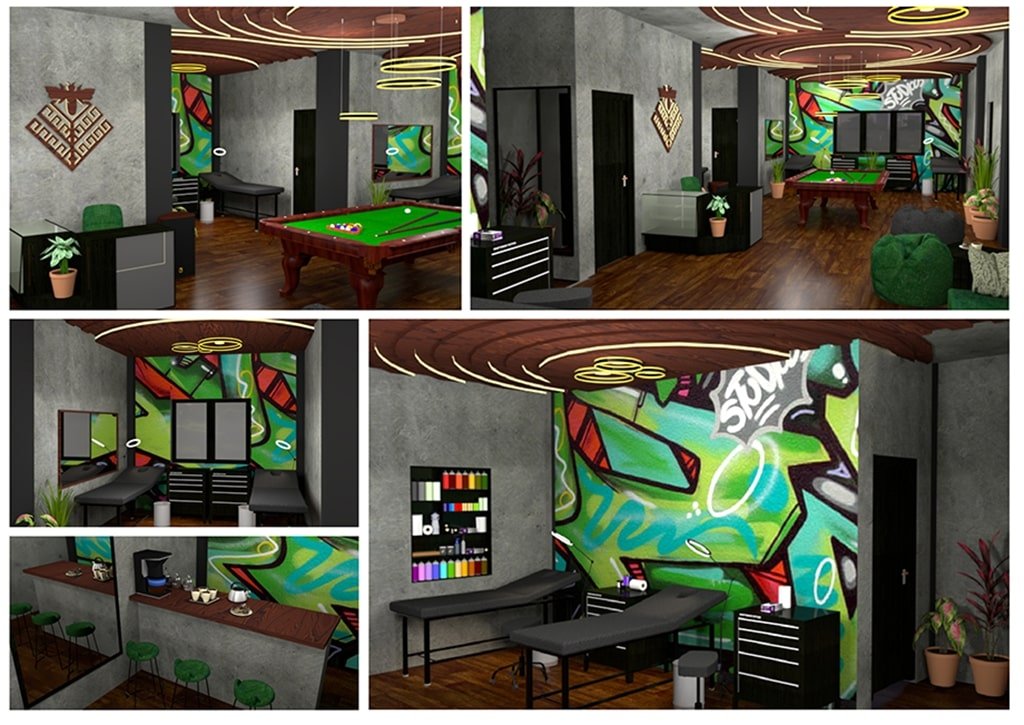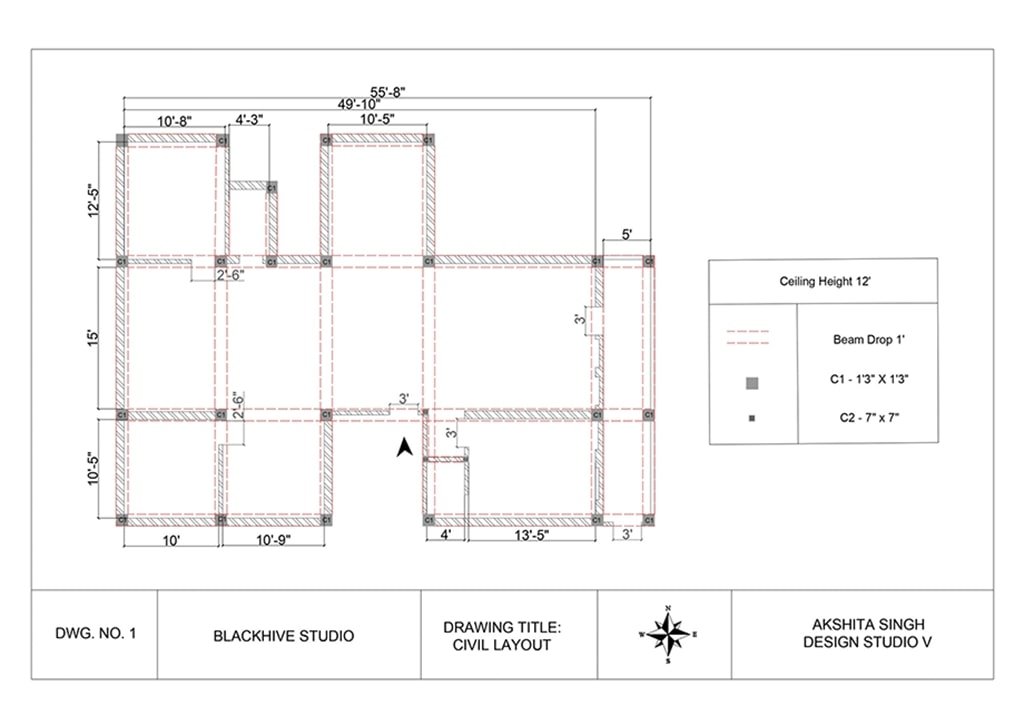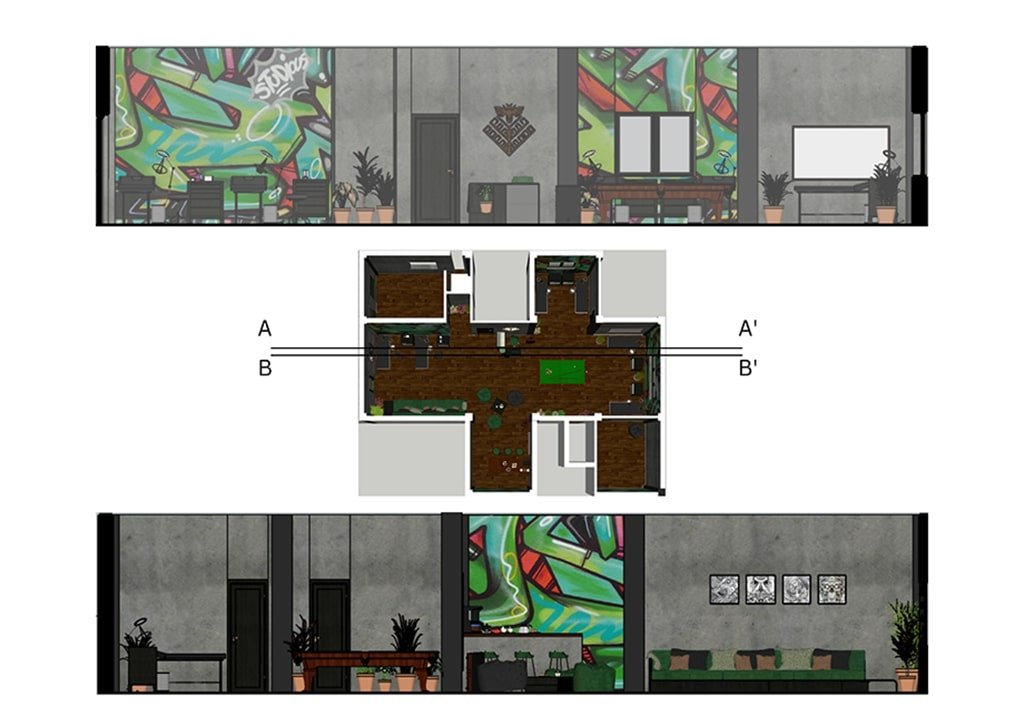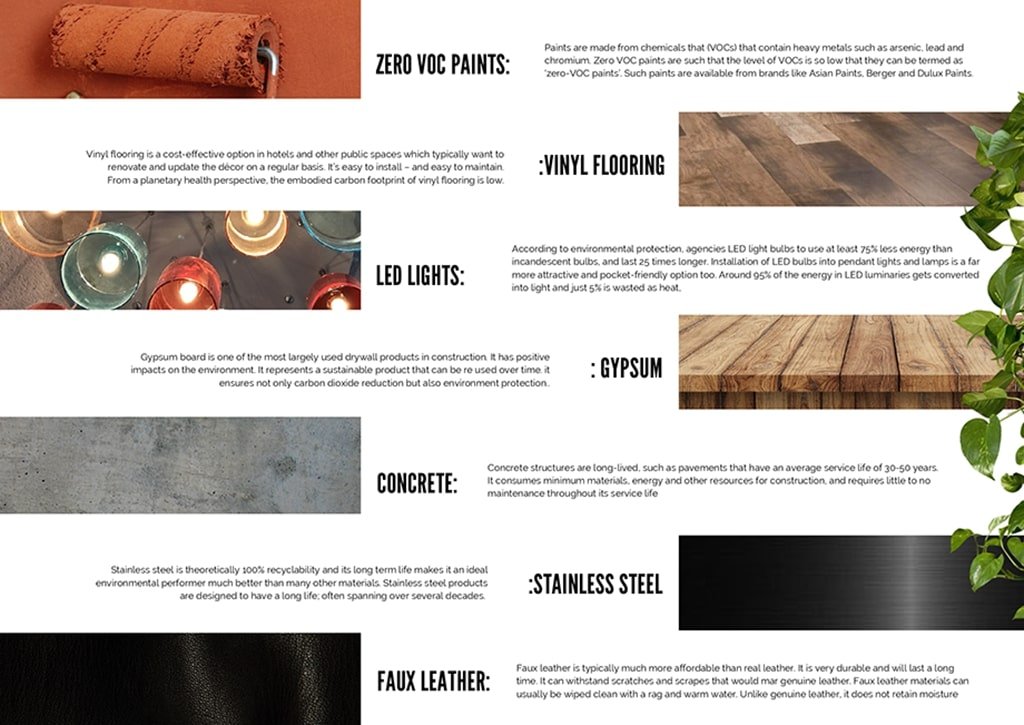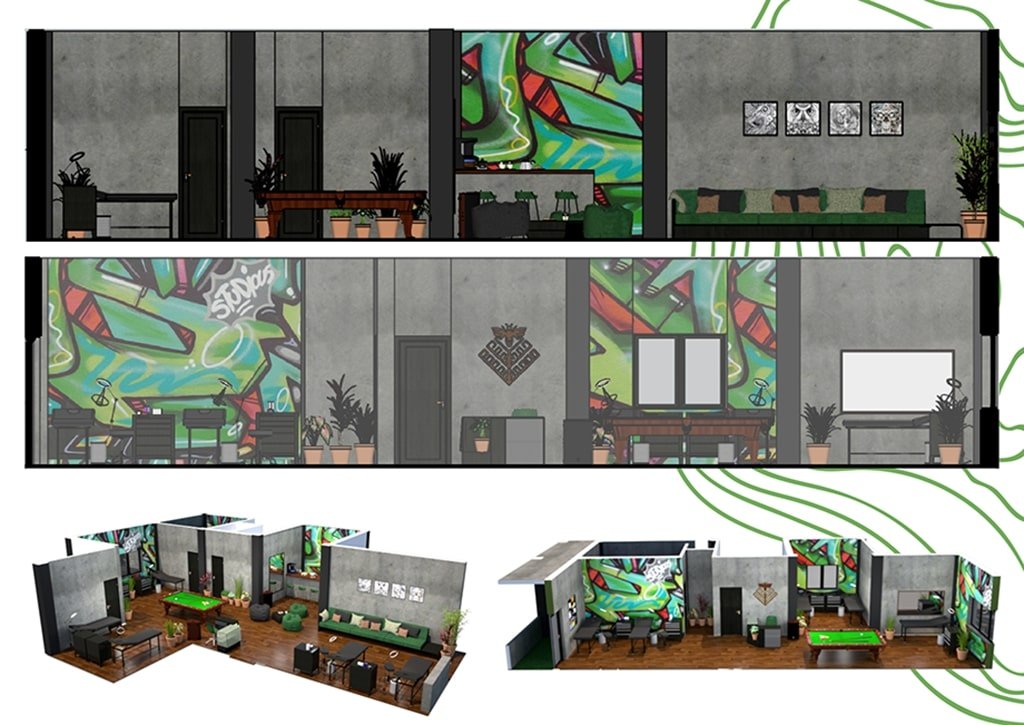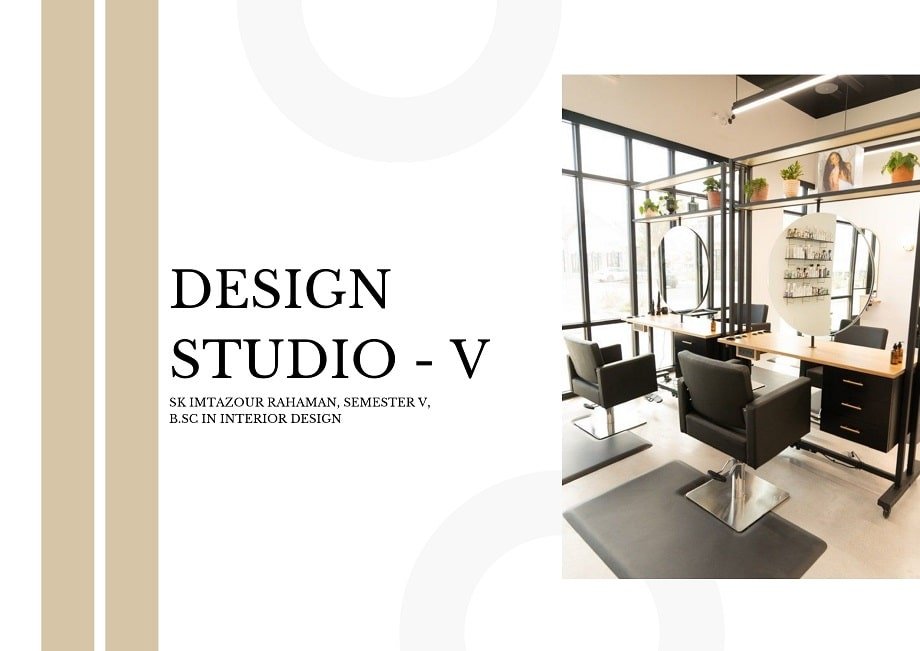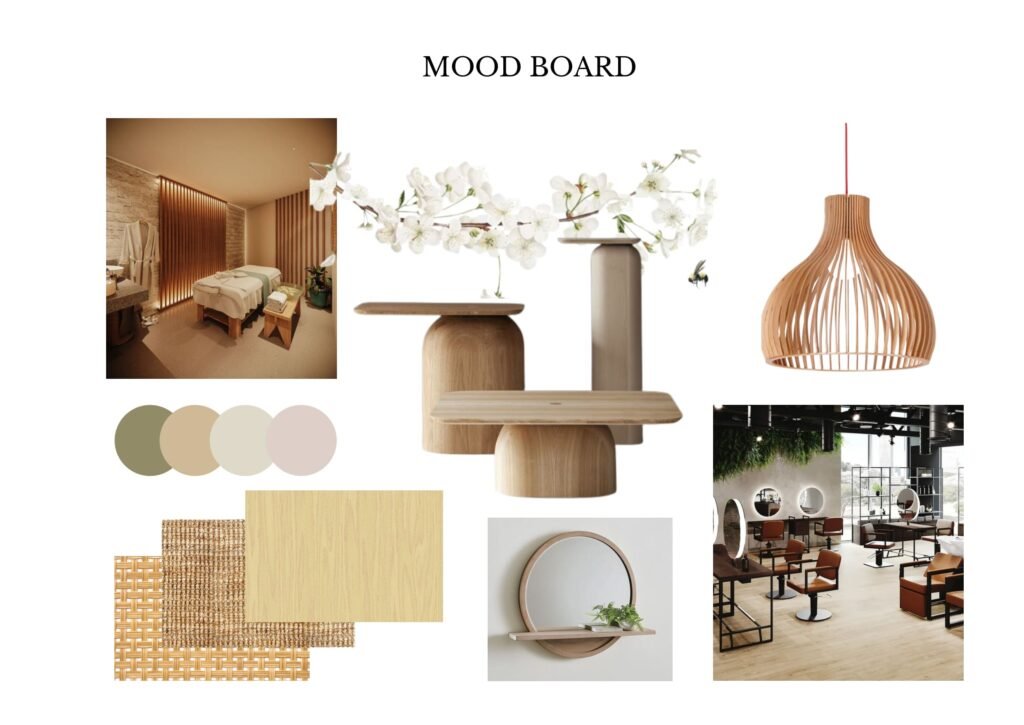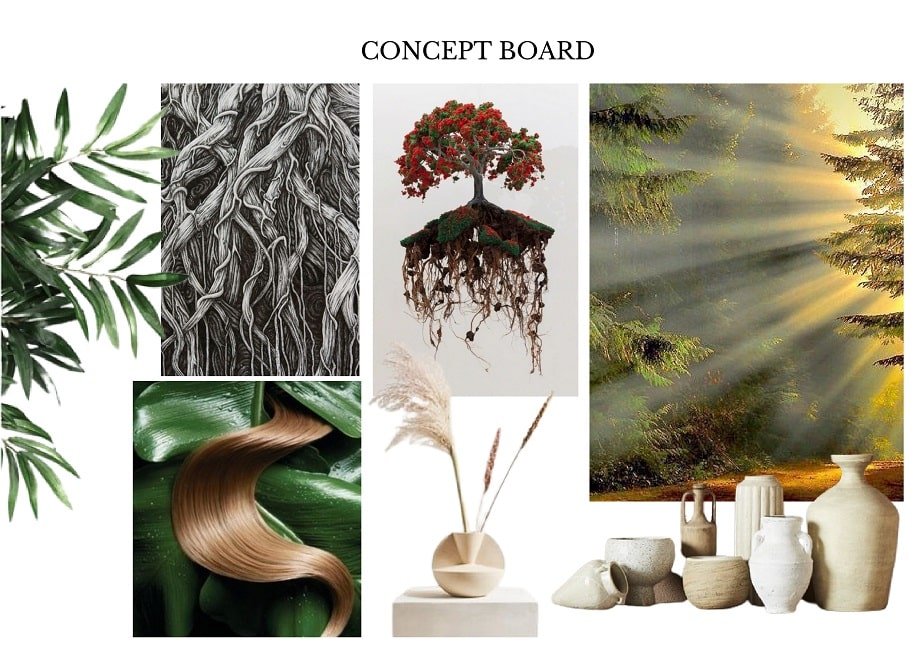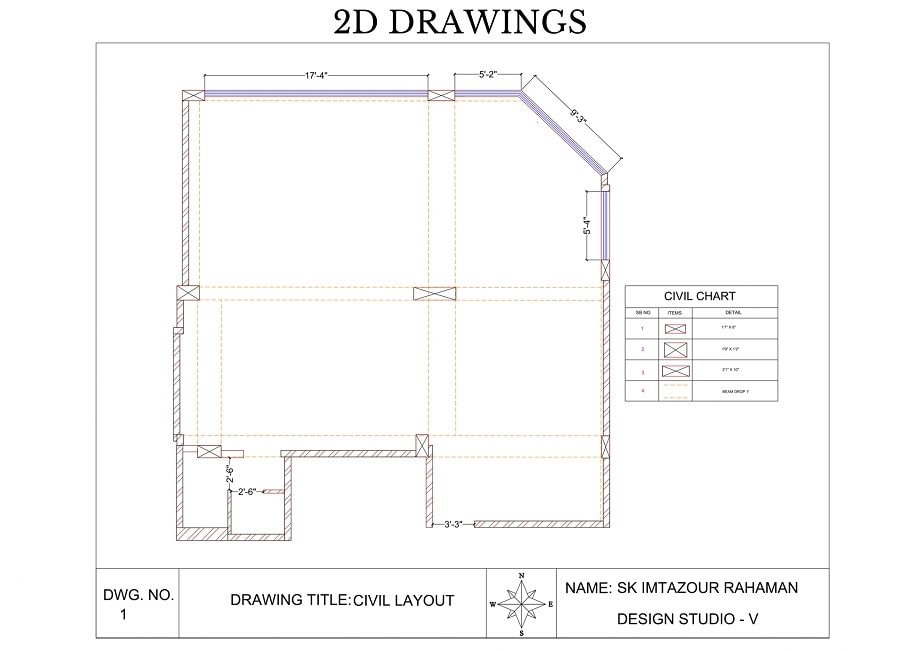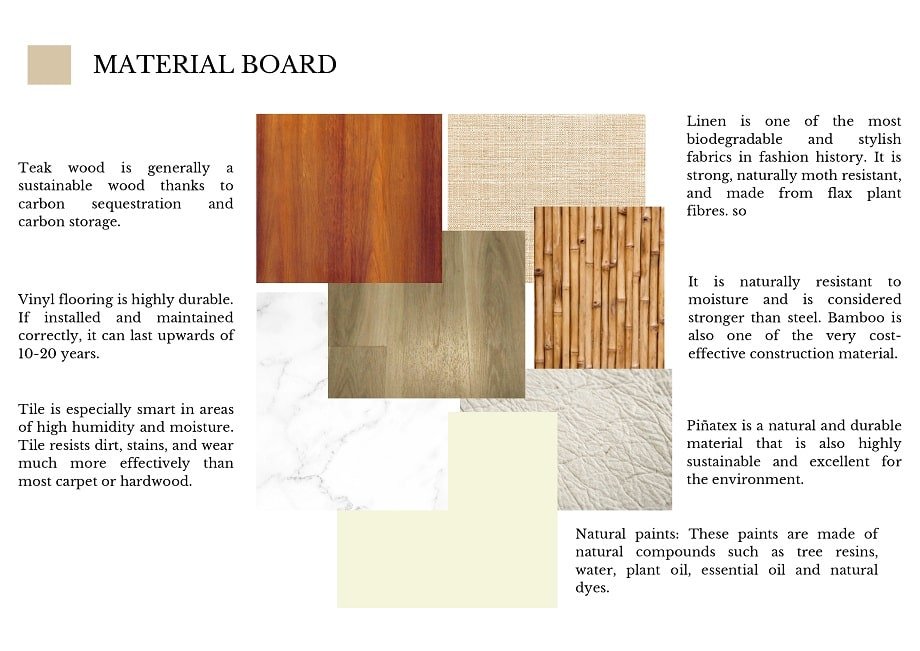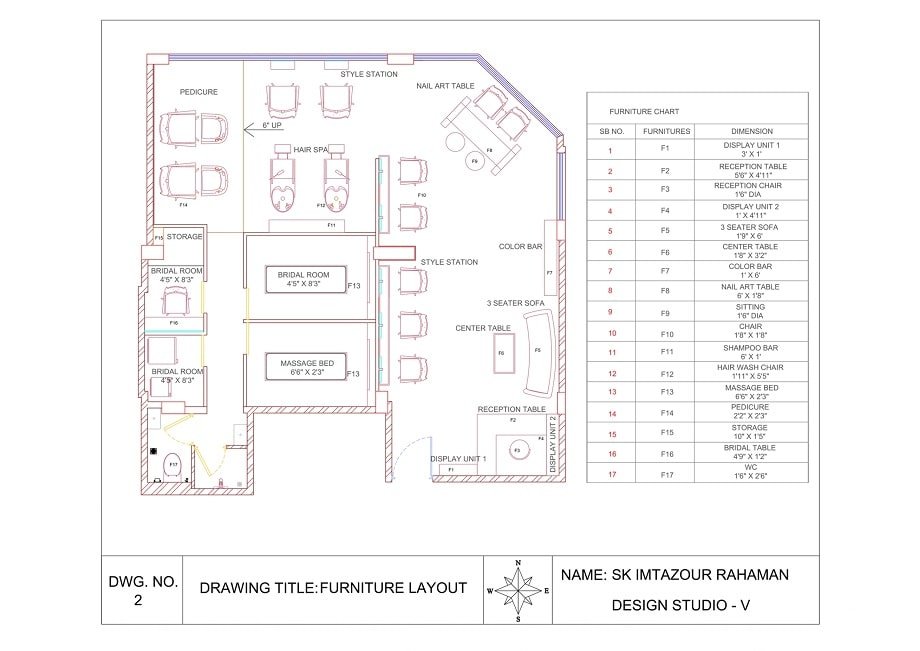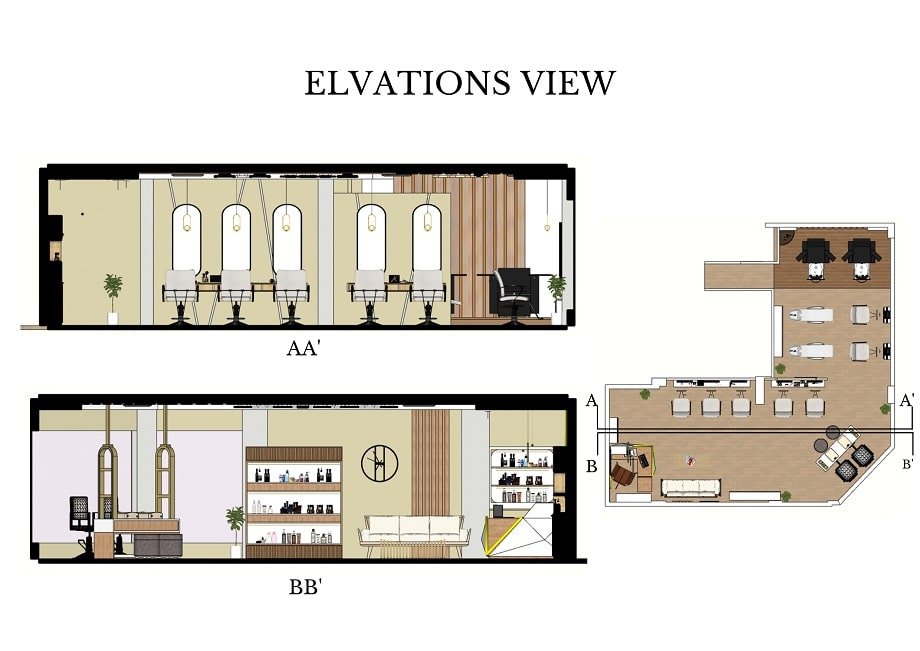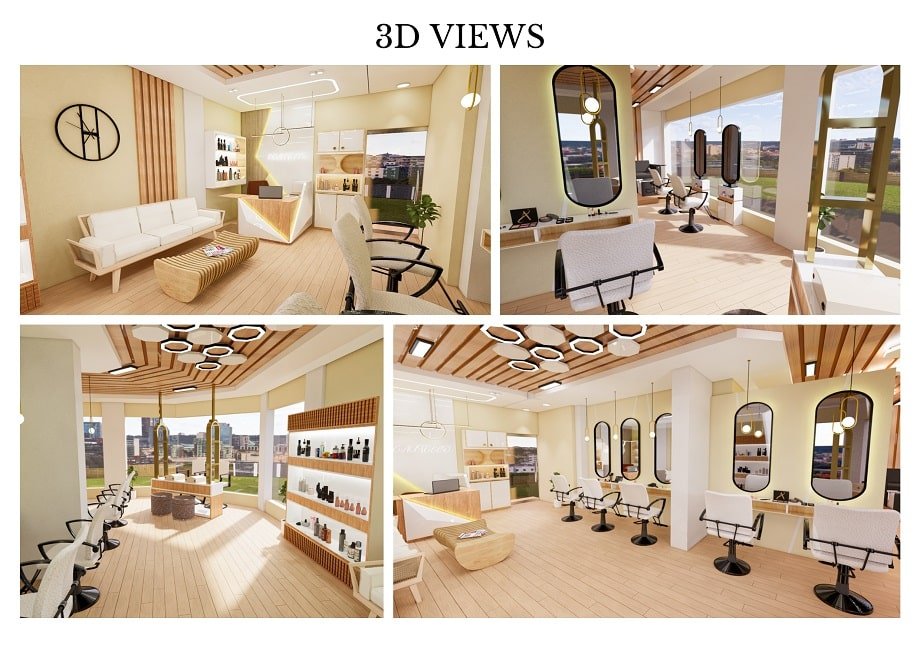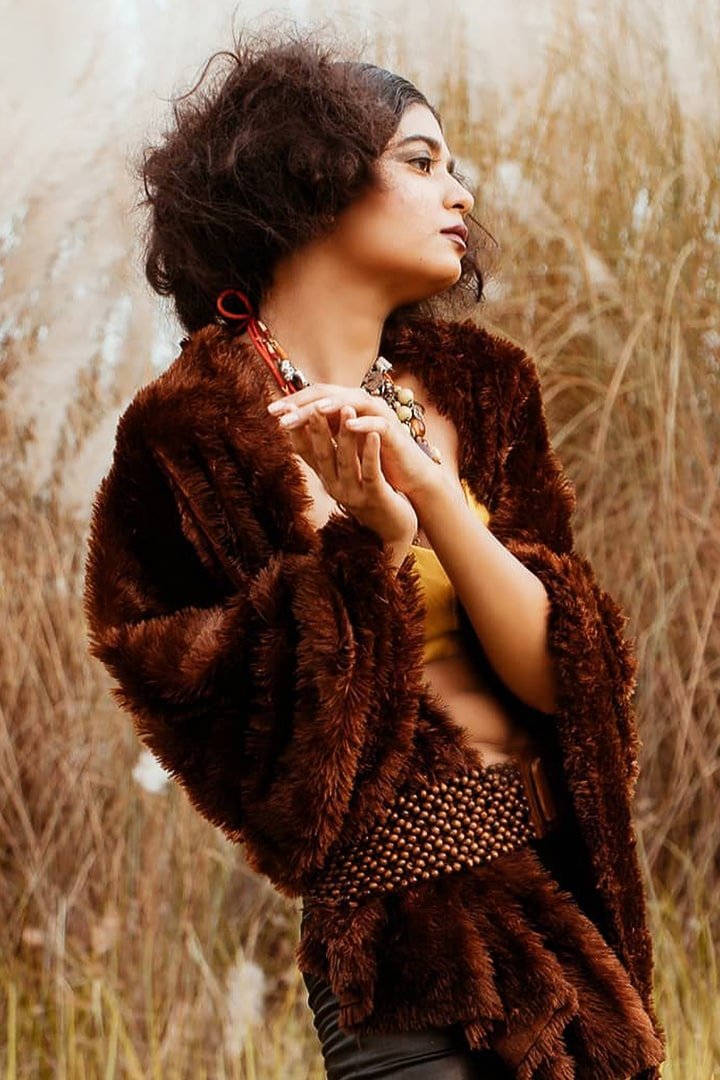BDes INTERIOR Design & Sustainability
In Partnership with Techno India University


Design contemporary interior and architectural spaces and experience industry ready skills
This interior design course teaches clear and practical skills that help students plan spaces with confidence. Learners work with real layouts, materials and simple tools that build steady growth. The program suits both fresh students and employees who want a new start in design. Each session focuses on hands-on work, easy steps and guided practice. ESEDS School of Design is the best interior design college in Kolkata, and this course reflects that standard through mindful teaching and real project work.
- Level: Undergraduate
- Duration: 4 years
- Eligibility: Higher Secondary or Equivalent examination (CBSE,ISC,A Levels or any other equivalent board exams) passed with English as a compulsory subject preffered.
The internationally recognized interior design course in Kolkata combines: cutting edge interior design processes alongside contemporary design practices, the history of interior design & professional practices, equipping you with the skills needed to succeed in this exciting global industry.
The pioneering interior designing course consists of various design and theory modules, each one provides you with a different aspect to design practice or theory, with an emphasis on practical design skills, product making & innovations in conceptual interior design, industry practices, research and development alongside sustainability and ethics.
Students will be exposed to key developments and issues related to the global interior industry. Core aspect of the interior designing course will focus on the interior business, global challenges and solutions in design, sourcing, production, consumption and sustainability in interior. The course fuses together research, education, practice and business to inspire students to explore new sustainable solutions within the interior industry with critical analysis and zero waste design.
You will be taught by professional designers and practitioners to allow you to gain firsthand knowledge and experience of the 21st century interior design industry. The course includes industry internships, live projects, design mentorship, design competitions and industry experiences.
It encourages students to develop:
- an ability to record from direct observation and personal experience;
- an ability to identify and solve problems in visual and/or other forms;
- creativity, visual awareness, critical and cultural understanding;
- an imaginative, creative and personal response;
- confidence, enthusiasm and a sense of achievement in the practice of Art and Design;
- growing independence in the refinement and development of ideas and personal outcomes;
- engagement and experimentation with a range of media, materials and techniques, including new media where appropriate;
- experience of working in relevant frameworks and exploration of manipulative skills necessary to form, compose and communicate in two and/or three dimensions;
- knowledge of a working vocabulary relevant to the subject and an interest in, and a critical awareness of, other practitioners, environments and cultures;
- investigative, analytical, experimental, interpretative, practical, technical and expressive skills.
| Semester 1 | |
|---|---|
| Visual Interpretation & Communication – I | |
| Sustainable & Ethical Studies I | |
| Surface Design Development Techniques | |
| English & Professional Communication Skills | |
| Design Studio – I | |
| Computer Basics | |
| Semester 2 | |
|---|---|
| Computer Basics | |
| Sustainable & Ethical Studies II | |
| Textile Studies | |
| Personality Development & Soft Skills | |
| Design Studio II | |
| Surface Design for Textiles & Modern Industry Innovations | |
| Semester 3 | |
|---|---|
| Visual Interpretation & Communication – III | |
| Historical, Contextual & Cultural Studies-1 | |
| Furniture Design | |
| Sustainable & Ethical Studies III | |
| Computer Graphics I | |
| Interior Graphics | |
| Ergonomics in Interior Design | |
| Design Studio III | |
| Semester 4 | |
|---|---|
| Visual Interpretation & Communication – IV | |
| Historical, Contextual & Cultural Studies – IV | |
| Estimation & Costing | |
| Sustainable & Ethical Studies IV | |
| Computer Graphics ll | |
| Interior Graphics | |
| Design Studio IV | |
| Semester 5 | |
|---|---|
| Landscape Design | |
| Vernacular Architecture | |
| Entrepreneurship | |
| Design Studio V | |
| Semester 6 | |
|---|---|
| Basics of Vastu in Interior Design | |
| Restoration | |
| Interior Communication & Brand Development | |
| Interior Styling & Photography | |
| Professional Industry Internship & Documentation | |
| Semester 7 | |
|---|---|
| Major Project – Concept Building | |
| Professional Practice | |
| Research Methodology | |
| Semester 8 | |
|---|---|
| Major Project – Design Realisation | |
| Professional Portfolio Design Development | |
| Research project | |
The assessment for the International Undergraduate Course in Interior Design and Sustainability is designed to evaluate students’ creative abilities, technical knowledge, and integration of sustainable design practices. Students are assessed through design projects, 3D models, technical drawings, research assignments, and portfolio development. Emphasis is placed on innovation, functionality, and environmental responsibility. Regular reviews, critiques, and feedback from faculty and industry experts ensure students are well-prepared to meet the demands of the modern interior design industry.
The International Undergraduate Course in Interior Design and Sustainability at ESEDS is strongly connected with the design industry through collaborations with leading architecture firms, sustainable design studios, and interior brands. Students benefit from internships, live industry projects, expert-led workshops, and networking opportunities that offer real-world exposure. These industrial links ensure students stay aligned with global design trends and practices, enhancing their employability and professional readiness in the sustainable built environment sector.
Interior Designer
Space Planner
Exhibition & Set Designer
Furniture Designer
Lighting Designer
Sustainable Design Consultant
Interior Stylist
Visual Merchandiser
CAD/BIM Technician
Design Entrepreneur
Project Manager (Interior Design)
Interior Design Educator
Interior Design Researcher
Visual Communication Specialist

